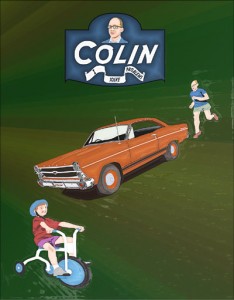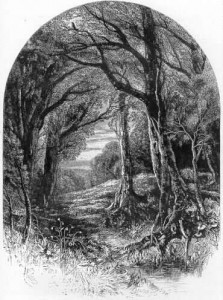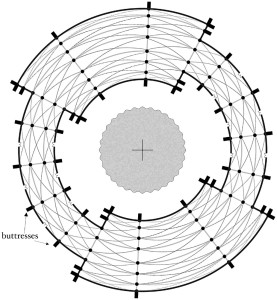OUTLANDER
Diana Gabaldon (Delacorte Books, 1991) ISBN: 0385302304
***WARNING: the following review contains SPOILERS and discussion of sexual violence, torture, and sexual identity.***
When I first heard of Outlander, a time-traveller’s love story set against the Jacobite uprising in 18th century Scotland and written by an American, I cringed. This is admittedly because I am a recovering literary snob. I’m aware it a massive generalisation, but I am cautious of books written about Britain by Americans. I have been put off by the Midsomer Murders series, which according to my mother (I haven’t done any research) is written by an American and features all of the most cringeworthy, twee stereotypes of Middle England you can think of. As a descendant of highland Scots* myself, I feared Diana Gabaldon might have given the 18th century highlands a similar treatment. Reading her inspiration and reasons for commencing the novel did not help my confidence. In my imagination the series was a horrific combination of corset-ripper Mills & Boone and Lord Tennyson’s The Highwayman.
Nonetheless, when recommended the television series based on the books by a person whose opinion on such things I trust, I decided to give it a chance. I’m glad I did. The series is great. It even managed to cast actual Scottish people for the most part, which is a sadly rare feat. They even mostly use the Inverness accent and speak actual, real Gaelic. Very exciting stuff for someone who has become used to Hollywood’s tendency to both confuse Irish and Scottish accents, and hire people who can’t pull of either accent well.
Then the show went on mid-season hiatus until April. April. It left me on a cliff-hanger until April.
Continue reading






